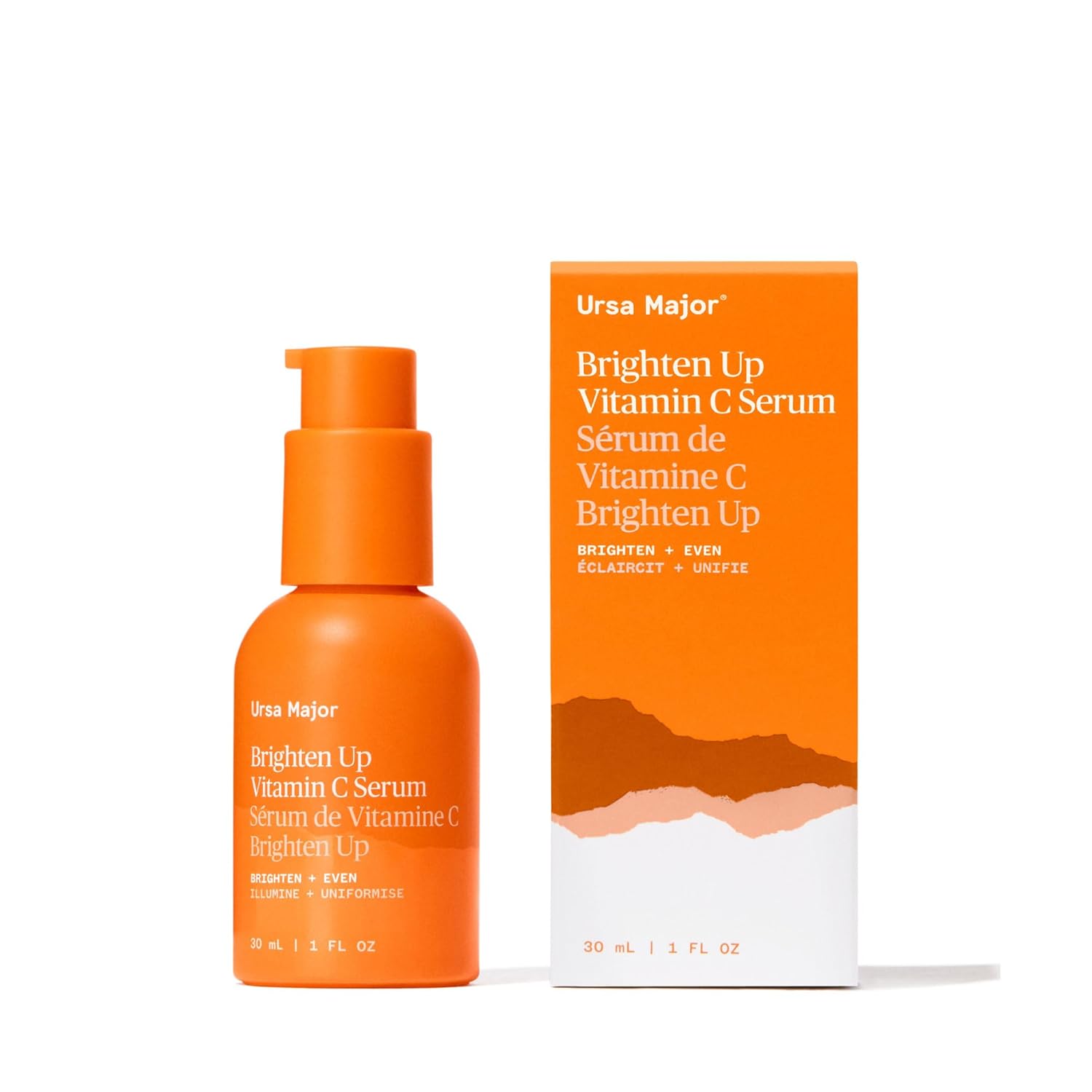Will United Healthcare Cover Weight Loss Drugs: Your Proven Guide
Yes, United Healthcare may cover weight loss drugs, but it depends on specific plan benefits, medical necessity, and prior authorization. This essential guide breaks down what you need to know for a clear path to potential coverage.
Do you ever look in the mirror and wish the extra pounds would just vanish? You’ve tried dieting, working out, and skipping meals—but nothing seems to stick. The frustration is real, and you’re not alone. Many of us dream of a healthier, more confident self, and sometimes, medical support can be a game-changer. If you’re considering weight loss medications, a big question on your mind is likely: “Will United Healthcare cover these?” This guide is here to simplify that complex question and give you the clear answers you need to navigate your options. We’ll dive into how United Healthcare approaches coverage for these powerful tools, and importantly, what you can do to increase your chances of getting approved.
Understanding United Healthcare’s Stance on Weight Loss Drugs

Navigating health insurance can feel like deciphering a secret code. When it comes to weight loss drugs, United Healthcare, like most major insurers, doesn’t offer a blanket approval for everyone. Coverage is typically conditional and hinges on several key factors. It’s not simply about wanting to lose weight; it’s about demonstrating a medical need and fitting specific criteria outlined by your plan and the U.S. Food and Drug Administration (FDA).
Think of it this way: the drugs are approved for specific medical conditions and BMI ranges. United Healthcare generally aligns its coverage policies with these approved uses. For instance, drugs like Wegovy (semaglutide) and Zepbound (tirzepatide) are FDA-approved for chronic weight management in adults with obesity (BMI of 30 or greater) or overweight (BMI of 27 or greater) with at least one weight-related condition, such as high blood pressure, type 2 diabetes, or high cholesterol.
Key Factors Influencing Coverage
So, what makes the difference between a denied claim and approved coverage? Here are the primary drivers:
- Your Specific United Healthcare Plan: Not all United Healthcare plans are created equal. Some plans, particularly employer-sponsored ones or those purchased through the Affordable Care Act (ACA) marketplace, may have richer benefits that include coverage for weight loss medications. Others, especially certain Medicare Advantage plans or employer plans with strict cost controls, might exclude these drugs entirely or have very limited coverage.
- Medical Necessity: This is perhaps the most crucial element. Insurers want to see that a weight loss drug is medically necessary for you. This means you need to show that you have a significant health risk directly related to your weight.
- FDA-Approved Indications: The drug must be prescribed for a condition it is FDA-approved to treat. Off-label use (prescribing a drug for a purpose not officially approved by the FDA) is rarely, if ever, covered by insurance.
- Body Mass Index (BMI): As mentioned, specific BMI thresholds are usually required. Generally, a BMI of 30 or higher (obesity) or a BMI of 27 or higher along with at least one weight-related comorbidity is necessary.
- Previous Weight Loss Efforts: Insurers often require proof that you have made documented, unsuccessful attempts at weight loss through lifestyle changes (diet and exercise) before approving medication. This is where your doctor’s records become vital.
- Prior Authorization: Almost invariably, United Healthcare will require your doctor to obtain prior authorization before the prescription is filled. This is a formal request process where your doctor submits medical documentation to United Healthcare demonstrating that you meet the criteria for coverage.
It’s essential to remember that “weight management” is distinct from the medical condition of “obesity.” Insurers are more likely to cover drugs when they are prescribed to treat the medical condition of obesity and its associated health risks.
How to Determine if Your Plan Covers Weight Loss Drugs
The first and most direct step is to understand your specific United Healthcare policy. Don’t guess; verify!
Actionable Steps to Take:
- Review Your Summary of Benefits and Coverage (SBC): This document, provided by your insurance company, outlines what your plan covers and at what cost. Look for sections related to “prescription drugs,” “specialty drugs,” or “weight management/obesity treatment.”
- Call United Healthcare Directly: This is often the most efficient method. Find the member services number on the back of your insurance card and ask specific questions:
- “Does my plan cover weight loss medications like [mention specific drug names if you know them, e.g., semaglutide, tirzepatide, liraglutide]?”
- “What are the specific criteria for coverage, such as BMI, comorbidities, and prior unsuccessful weight loss attempts?”
- “Is a prior authorization required, and what documentation is needed from my doctor?”
- “Are there any step-therapy requirements (i.e., trying a less expensive drug first)?”
- Check the United Healthcare Website: United Healthcare often provides online tools or formulary (list of covered drugs) information where you can search for specific medications and their coverage status.
- Consult Your Doctor’s Office: Your doctor’s staff, particularly those who handle insurance and billing, can be excellent resources. They often have experience dealing with United Healthcare and understand their requirements for prior authorization.
Visual Suggestion: Insert an infographic here visually comparing the steps for checking coverage, perhaps using icons for each action (SBC document, phone, website, doctor’s office).
The Role of Your Doctor in the Coverage Process
Your physician is your most critical ally in securing coverage for weight loss drugs. They don’t just prescribe the medication; they are essential in building the case for medical necessity and meeting United Healthcare’s requirements.
Partnering with Your Healthcare Provider
Here’s how your doctor plays a crucial role and what you can do to help them:
- Accurate Diagnosis and Documentation: Your doctor needs to accurately diagnose obesity and document any related health conditions (hypertension, diabetes, sleep apnea, dyslipidemia, etc.). They’ll gather data like your current weight, height (to calculate BMI), blood pressure, cholesterol levels, and blood sugar readings.
- History of Lifestyle Interventions: Your doctor will need to document your history of trying to lose weight through diet and exercise. This could include referrals to dietitians, participation in structured weight loss programs, or records of lifestyle counseling. Be prepared to discuss your past efforts honestly.
- Choosing the Right Medication: Based on your health profile, your doctor will select an FDA-approved weight loss drug that is most appropriate for you and is covered by plans like yours.
- Submitting the Prior Authorization Request: This is a detailed process. Your doctor’s office will compile all the necessary medical records, test results, and justifications and submit them to United Healthcare. This can take time and may involve back-and-forth communication if United Healthcare requests additional information.
Real-Life Example: Mark, a 45-year-old who struggled with his weight for years, found out his United Healthcare plan might cover a weight loss drug. His doctor diligently documented his high blood pressure, his BMI of 32, and his consistent attendance at gym classes for the past year with minimal weight loss. They submitted a comprehensive prior authorization request. After a few weeks and a request for more details from United Healthcare, Mark’s medication was approved. It made all the difference in his energy levels and his ability to manage his health.
Understanding the “Medical Necessity” Criteria
This is where the rubber meets the road. “Medical necessity” is United Healthcare’s gateway for approving treatments that are not elective but essential for managing a health condition. For weight loss drugs, this typically translates to:
- Obesity Diagnosis (BMI Thresholds):
- BMI ≥ 30 kg/m² (Obesity)
- BMI ≥ 27 kg/m² (Overweight) with one or more weight-related comorbidities.
- Presence of Comorbidities: Common weight-related health conditions that strengthen a medical necessity claim include:
- Hypertension (High Blood Pressure)
- Type 2 Diabetes Mellitus
- Dyslipidemia (High Cholesterol or Triglycerides)
- Obstructive Sleep Apnea (OSA)
- Cardiovascular Disease
- Non-alcoholic Fatty Liver Disease (NAFLD)
- Documented Previous Efforts: A history of supervised or documented lifestyle interventions (diet and exercise) for a specified period (e.g., 6 months) that did not result in sufficient weight loss or health improvement.
- Exclusion of Other Medical Conditions: While not always explicitly stated in coverage criteria, your doctor will likely rule out other medical reasons for weight gain.
External Link: For more information on the definition of obesity and its health risks, you can refer to the Centers for Disease Control and Prevention (CDC) at cdc.gov/obesity/adult/defining.html.
Step-by-Step Guide to Getting Weight Loss Drug Coverage
Let’s break down the process into manageable steps to help you on your journey.
Step 1: Assess Your Situation and Health Data
Know Your Numbers: Determine your current BMI. You can calculate this using online tools or your doctor’s measurements.
List Your Comorbidities: Identify any diagnosed weight-related health conditions you have.
Gather Medical History: Compile records of past weight loss attempts and any related medical treatments.
Step 2: Investigate Your United Healthcare Benefits
Use the methods described earlier: review your SBC, call member services, or check the online portal.
Ask precise questions about weight loss drug coverage, criteria, and prior authorization.
Step 3: Consult Your Doctor
Schedule an appointment to discuss weight loss medications.
Bring all your health data and insurance information.
Work with your doctor to determine if you meet the medical necessity criteria for your plan.
Step 4: Doctor Initiates Prior Authorization
If you meet the criteria, your doctor’s office will submit the prior authorization request.
This involves providing detailed medical documentation.
Be patient; this process can take several weeks.
Step 5: Respond to United Healthcare’s Requests
United Healthcare may ask for additional information or clarification.
Work promptly with your doctor’s office to provide any requested details.
Step 6: Decision and Next Steps
Approved: Congratulations! Your doctor will receive notification, and you can move forward with prescription fulfillment, understanding any associated copays or deductibles.
Denied: Don’t despair. Understand the reason for denial. You have the right to appeal the decision. Your doctor can help with the appeal process by providing further documentation or clarification. You can also explore alternative weight loss strategies or self-pay options if coverage is not possible.
Visual Suggestion: A flowchart infographic visually representing these 6 steps would be very beneficial for beginners.
A Sample “What If” Scenario: The Journey to Approval
Let’s follow Maria, a 52-year-old who has a United Healthcare PPO plan.
Maria’s BMI is 31, and she was diagnosed with prediabetes and high blood pressure five years ago. She has tried numerous diets over the years, including keto and Weight Watchers, with only temporary success. Her doctor, Dr. Lee, agrees that a weight loss medication could significantly improve her health outcomes.
- Step 1: Assessment – Maria’s BMI is 31. Comorbidities: Prediabetes and hypertension. History: Documented dieting efforts over 10 years.
- Step 2: Insurance Check – Maria calls United Healthcare and learns her PPO plan does cover certain weight loss drugs but requires prior authorization based on BMI of 27+ with comorbidities, and documentation of failed lifestyle interventions.
- Step 3: Doctor Consultation – Dr. Lee confirms Maria meets the criteria. He discusses semaglutide (Wegovy) as a potential option, given its FDA approval for chronic weight management and its positive impact on blood sugar and blood pressure.
- Step 4: Prior Authorization – Dr. Lee’s office faxes a detailed packet to United Healthcare including Maria’s BMI, lab results for prediabetes and cholesterol, blood pressure readings, notes on her history of dieting, and a letter of medical necessity for semaglutide.
- Step 5: Follow-up – United Healthcare requests clarification on the duration of Maria’s lifestyle interventions and specific dietary counseling she received. Dr. Lee’s team provides additional notes from her visits.
- Step 6: Decision – After three weeks, Maria is thrilled to receive a notification from Dr. Lee’s office: her prior authorization for semaglutide has been approved! She will still have a copay, but the drug is covered, making it financially accessible.
This scenario highlights the importance of detailed documentation and persistence.
Potential Costs and What to Expect (Even with Coverage)
Even when United Healthcare approves weight loss drugs, there are still costs to consider.
Understanding Your Financial Responsibility
Copays and Deductibles: Your plan will have a specific copay amount for specialty medications, which can vary significantly. You might also need to meet an annual deductible before your insurance covers a significant portion of the cost.
Coinsurance: If your plan uses coinsurance, you’ll pay a percentage of the drug’s cost after the deductible is met.
Formulary Tiers: Drugs are often placed on different tiers within a plan’s formulary, with higher tiers incurring higher out-of-pocket costs. Weight loss drugs are often considered specialty medications, placing them in higher tiers.
Manufacturer Coupons/Savings Cards: Many pharmaceutical companies offer savings cards or coupons that can reduce your out-of-pocket costs, sometimes significantly. These are often found on the drug manufacturer’s website. However, note that these coupons may not apply if you are using government insurance like Medicare or Medicaid, or if you are relying on prior authorization approval.
Out-of-Pocket Maximums: Remember that your plan has an out-of-pocket maximum. Once you reach this limit, your insurance typically covers 100% of eligible costs for the rest of the plan year.
Visual Suggestion: Create a simple table comparing potential out-of-pocket costs for different scenarios (e.g., with and without insurance, using manufacturer coupon).
Sample Out-of-Pocket Cost Comparison (Illustrative)
| Scenario | Estimated Monthly Cost | Notes |
| :————————– | :——————— | :——————————————————- |
| Without Insurance | $1,000 – $1,500+ | Full retail price |
| With United Healthcare (Approved) + Copay | $100 – $300 | Varies by plan tier and copay structure |
| With United Healthcare + Copay + Manufacturer Coupon | $25 – $75 | Requires eligibility and coupon availability |
| Meeting Annual Deductible | Varies | Cost before deductible is met |
Important Note: These are estimates and will vary greatly based on your specific United Healthcare plan, the drug prescribed, and current manufacturer offers. Always confirm with your pharmacy and insurance provider.
What if United Healthcare Denies Coverage?
It’s a possibility, and it’s important to know your rights and next steps.
Your Options After a Denial:
- Understand the Reason for Denial: The denial letter from United Healthcare should state the specific reason(s). Common reasons include inadequate medical documentation, not meeting BMI requirements, lack of prior attempts at lifestyle changes, or the drug not being on the plan’s formulary.
- Appeal the Decision: You have the right to appeal. Your doctor is key here. They can submit additional supporting medical evidence, clarify previous information, or highlight specific clinical guidelines that support the need for the medication.
- Internal vs. External Appeals: Most plans have an internal appeals process. If that fails, you may have the option for an external review by an independent third party.
- Explore Other Weight Loss Treatments: If medication coverage is not feasible, discuss other options with your doctor, such as:
- Referral to a registered dietitian for a personalized meal plan.
- Intensified exercise programs or personal training.
- Bariatric surgery (which has its own set of insurance requirements).
- Other lifestyle-focused medical weight loss programs.
- Self-Pay Options: If all else fails and the medication is deemed critical for your health, you can explore paying for it out-of-pocket. This is where manufacturer coupons can be particularly helpful.
External Link: For information on your rights regarding health insurance appeals, you can consult the U.S. Department of Health & Human Services at healthcare.gov/appeal-insurance-company-decision/.
Frequently Asked Questions (FAQ)
Can I get weight loss drugs without United Healthcare approval?
Yes, you can purchase weight loss drugs



